My Manifesto: Spencer Phipps

Read the LVMH Prize-nominated designer's call to arms for a more sustainable future in fashion.
Style
Words: Chris Hobbs
Spencer Phipps is looking to transform your wardrobe. If not the full Queer Eye-style overhaul, then a gradual remodelling. “What we’re doing is hyper-design. A lot of work goes into elevating these pieces. I don’t want it to be elitist or to dictate how you should live your life,” explains Phipps. “I want it to blend into your life easily without being showy.”
A graduate of The School of Fashion at Parsons in NYC, Phipps spent 10 years working at both Marc Jacobs (where a swim short print he did ended up in a porno) and Dries Van Noten (if you look close, you can see him popping up in the Dries doc) before going it alone to launch his own label in 2018 — an environmentally conscious collection, part-inspired by his San Francisco hometown, the label has an easy West Coast-vibe of elevated workwear in organic cottons and recycled nylons in colours sourced from natural dyes.
For SS19 you’ll find t‑shirts printed with extinct birds, a bold yellow-striped fleece plus colour-blocked rugby shirts and hiking trousers. Utilitarian-style pockets pepper jackets alongside easy post-normcore pieces all forming this unique world. On the week that I speak with him, he is yo-yoing between his studio in the centre of Paris and his carefully selected factories in Portugal, chosen because of the country’s rigorous attitude to sustainability, a theme close to Phipps’ heart and the brand at large. These are the key pillars of Phipps’ emergent label.
Connection to nature
“Growing up in California I was always surrounded by nature. From summers spent in Yosemite to camping in the Sierra Nevadas. Getting stoned in the Muir Woods as a teenager, sailing in the bay, watching the fog roll in and sunsets that I still dream about years later taught me the awe-inspiring power of the natural world.
My Mom (an ex-hippie) was always teaching us lessons about the world — all our produce was delivered weekly from a biodynamic farm, she would repurpose driftwood into furniture, or she would cut up her old girl scout badges and sewn them onto a pair of patchwork jeans. I was always interested in science. As a nerdy (ginger) kid I was obsessed with physics. We lived close to the Academy of Sciences in San Francisco and we would visit almost every Sunday when they would close the park to cars.”
Anti-unnecessary consumerism
“Sustainability, for me, is a modern luxury. It’s a necessity when starting a business today and a challenge that I enjoy working on. It’s a shame bigger business don’t do more to be sustainable, or at least don’t make it a priority — I’ve worked in the industry for over ten years now and have seen how wasteful people can be and how trivial people treat environmental issues, especially in the context of unnecessary consumerism.”
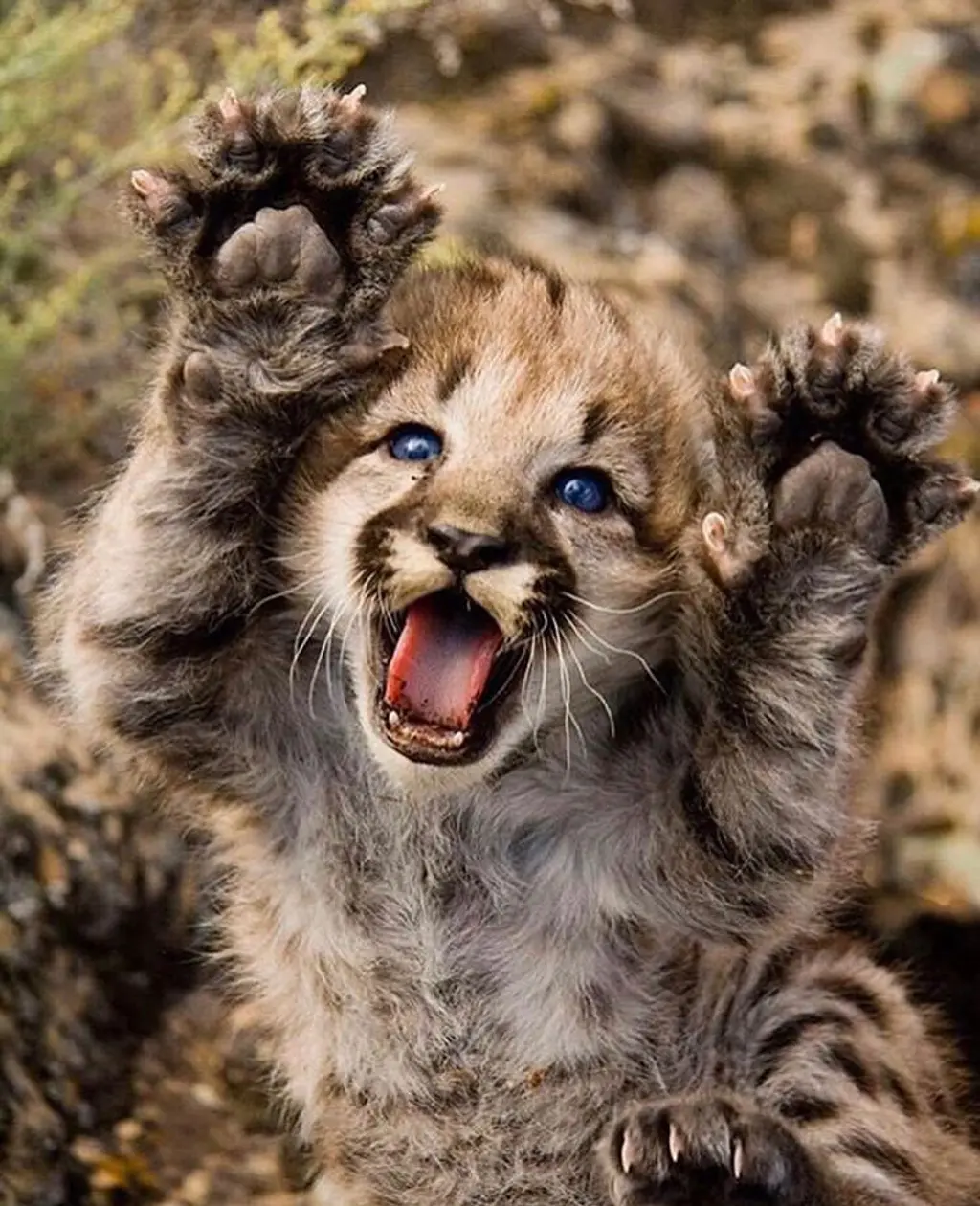
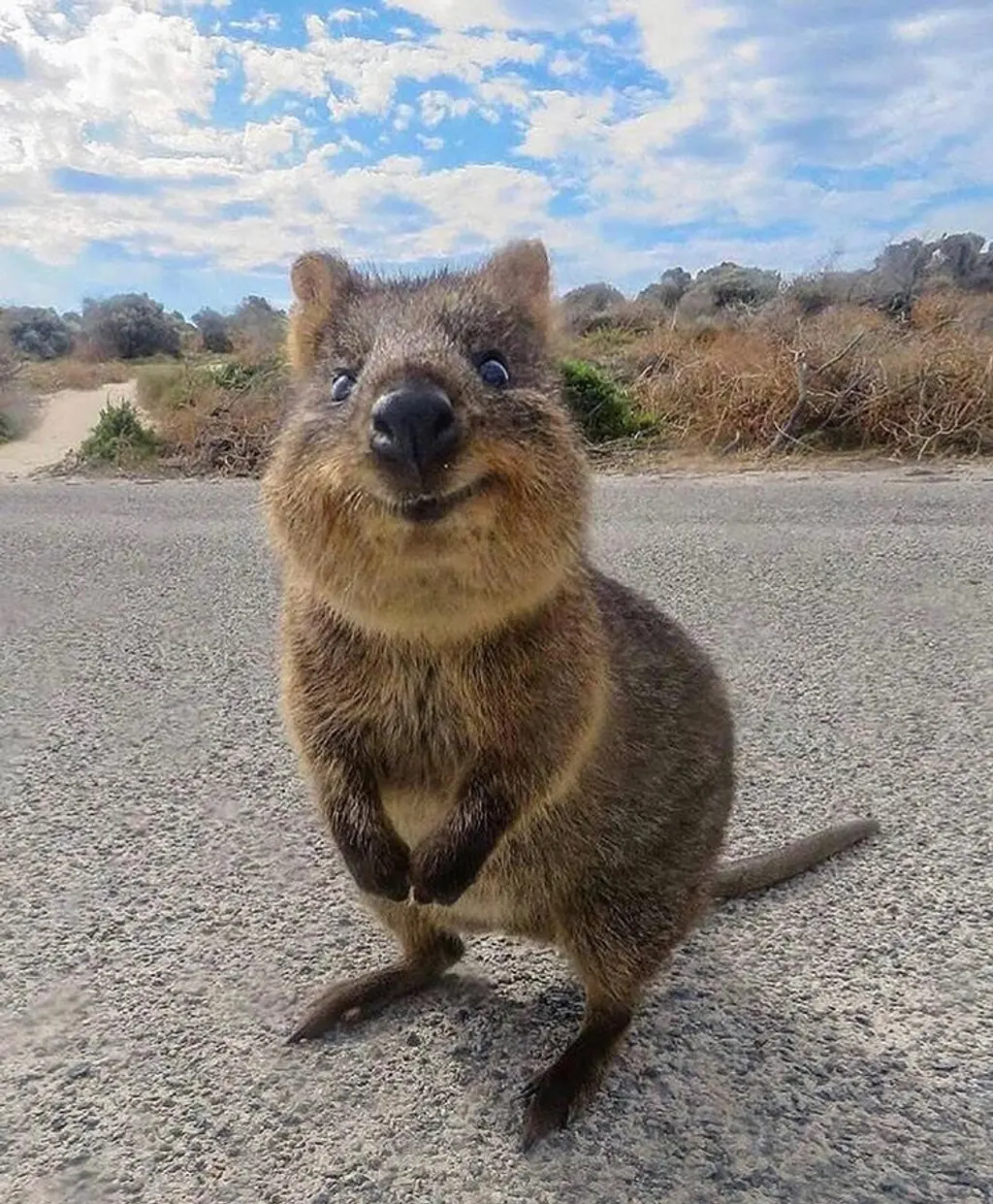
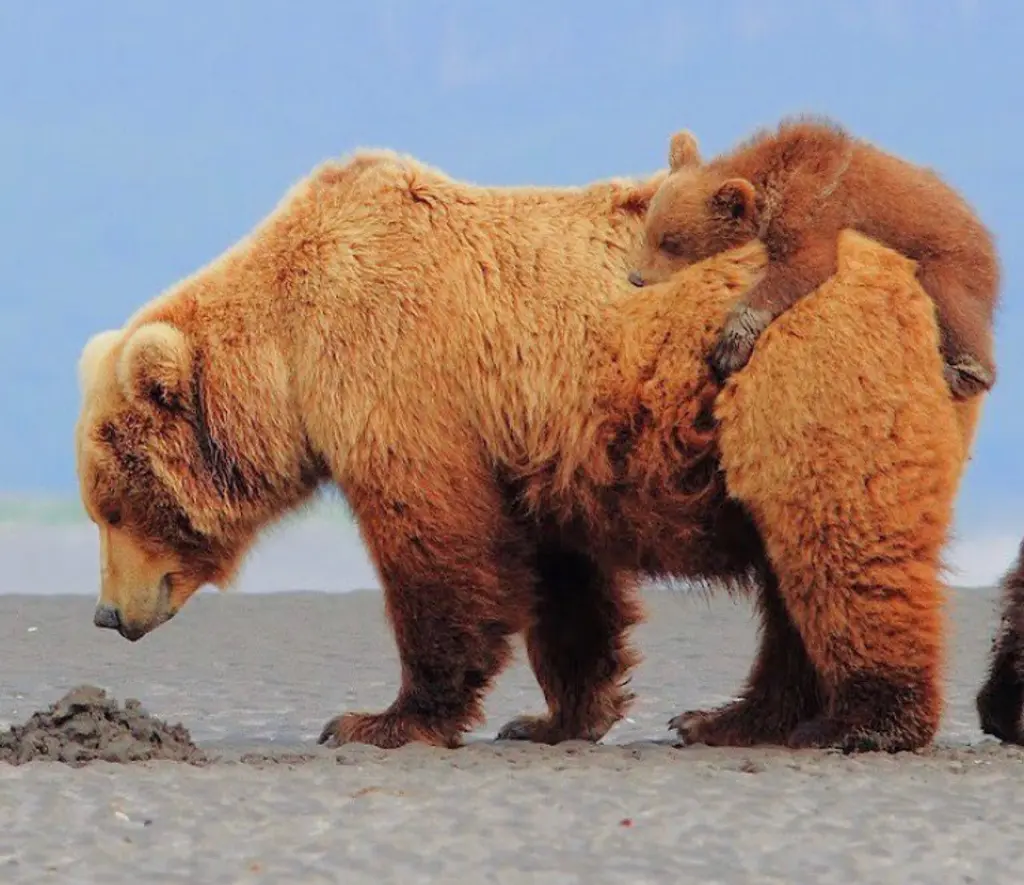
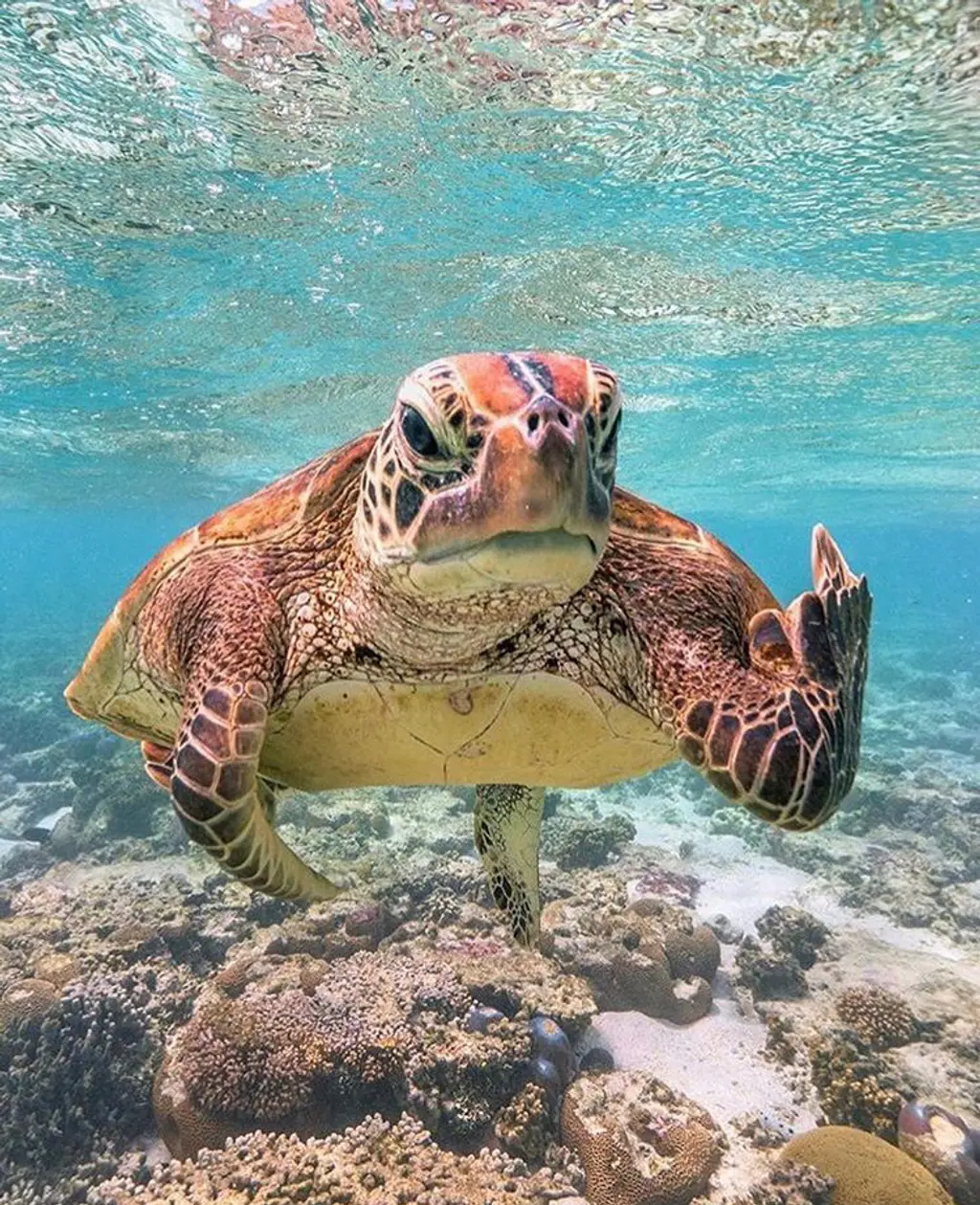
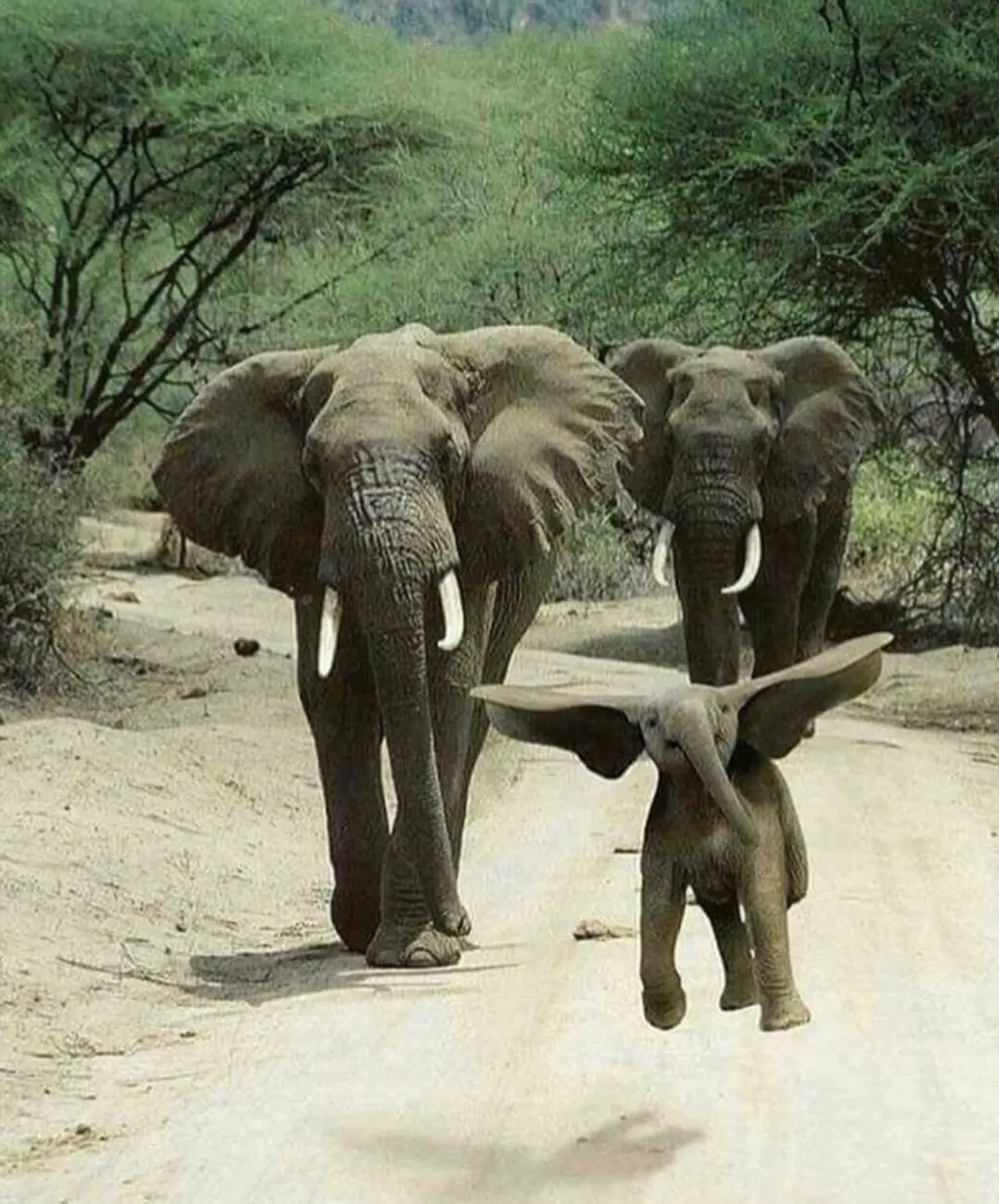
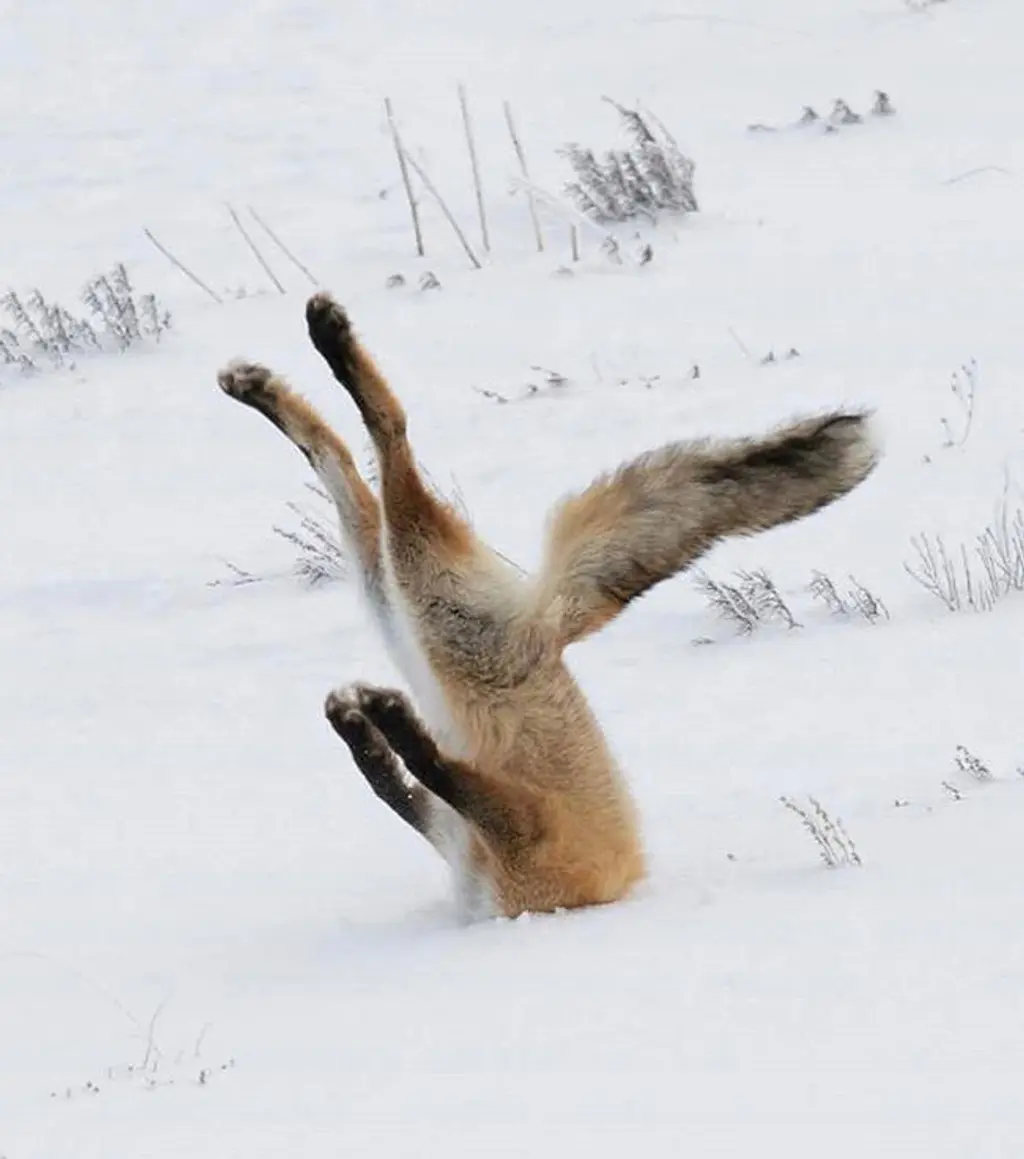
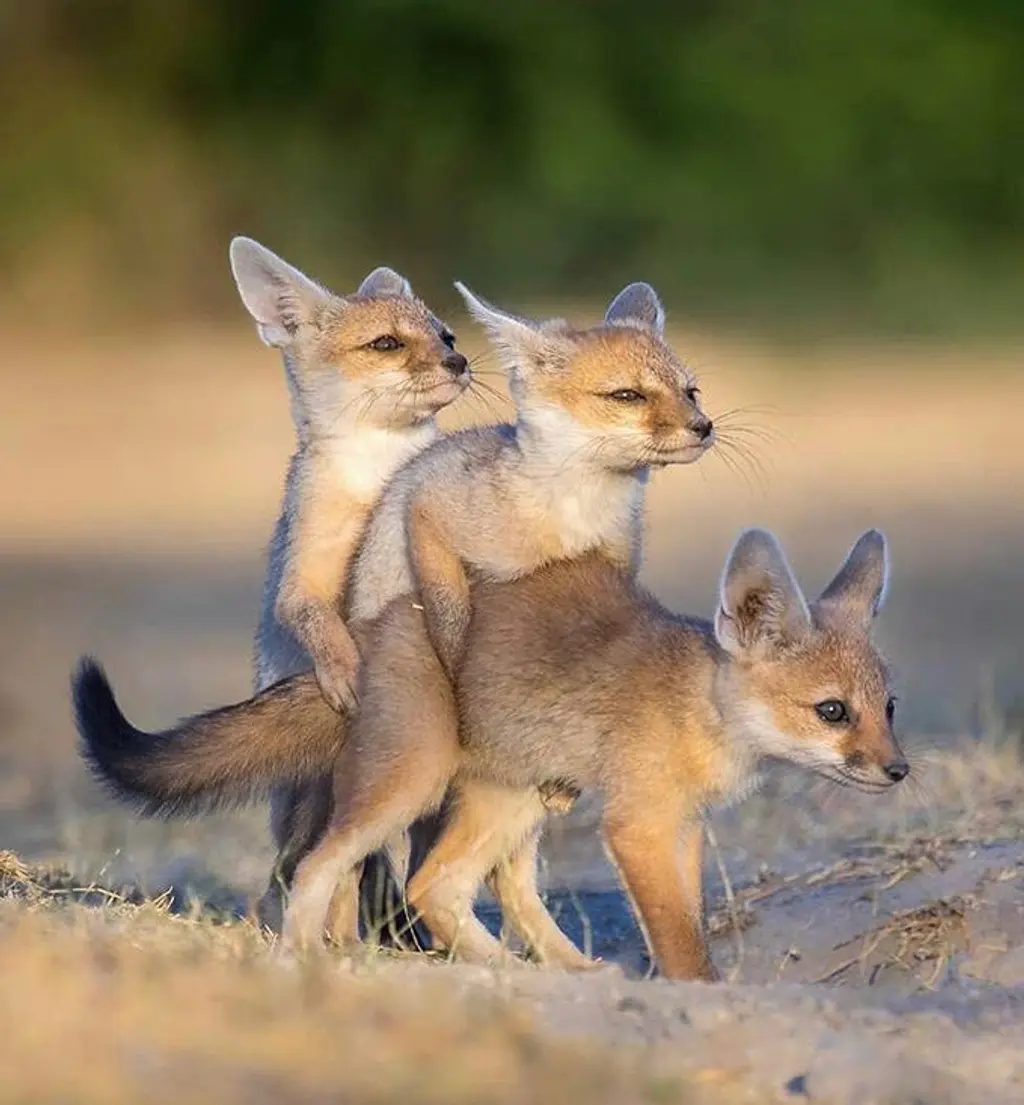
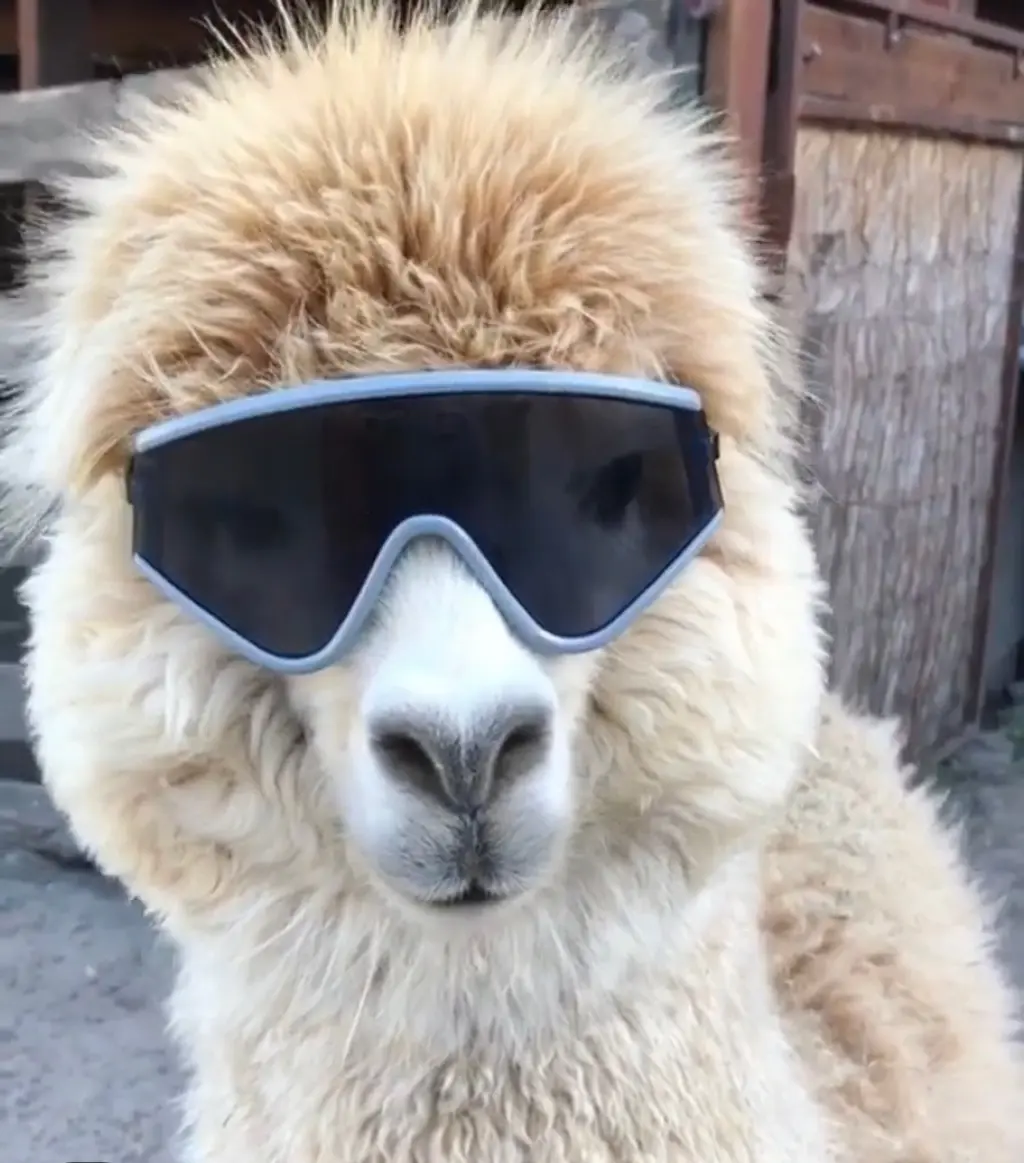
A challenge for brands to do more
“I think there’s a lot of work to be done and some brands are trying more than others. Though it’s actually very difficult for a brand to make a change especially if it’s been running for 100 years. You can’t just change a massive supply chain overnight. However, this idea of ‘greenwashing’ — doing the minimum effort and sending out a big press release about it — is a huge problem. Starting PHIPPS has been quite therapeutic. It’s given me hope that we can change as individuals, as an industry, and as a cultural as a whole. We are a tiny company, and if we can do it then I’m sure that bigger companies with more money and power should be able to as well, if not better.”
Hopes for the future
“There is a phrase which is used in athletics which I think about often — genetic potential — the idea of pushing oneself to the threshold of what their physicality is theoretically capable of. For me, this can apply to any activity, be it mental or physical. Our goal at PHIPPS is to inspire people to push themselves to their own genetic potential, to be the best possible version of themselves, in whatever capacity or capability that may be. Human beings are not perfect, myself included. But we can try to be better, and that is what is important, to acknowledge these flaws and differences and to celebrate them.”









